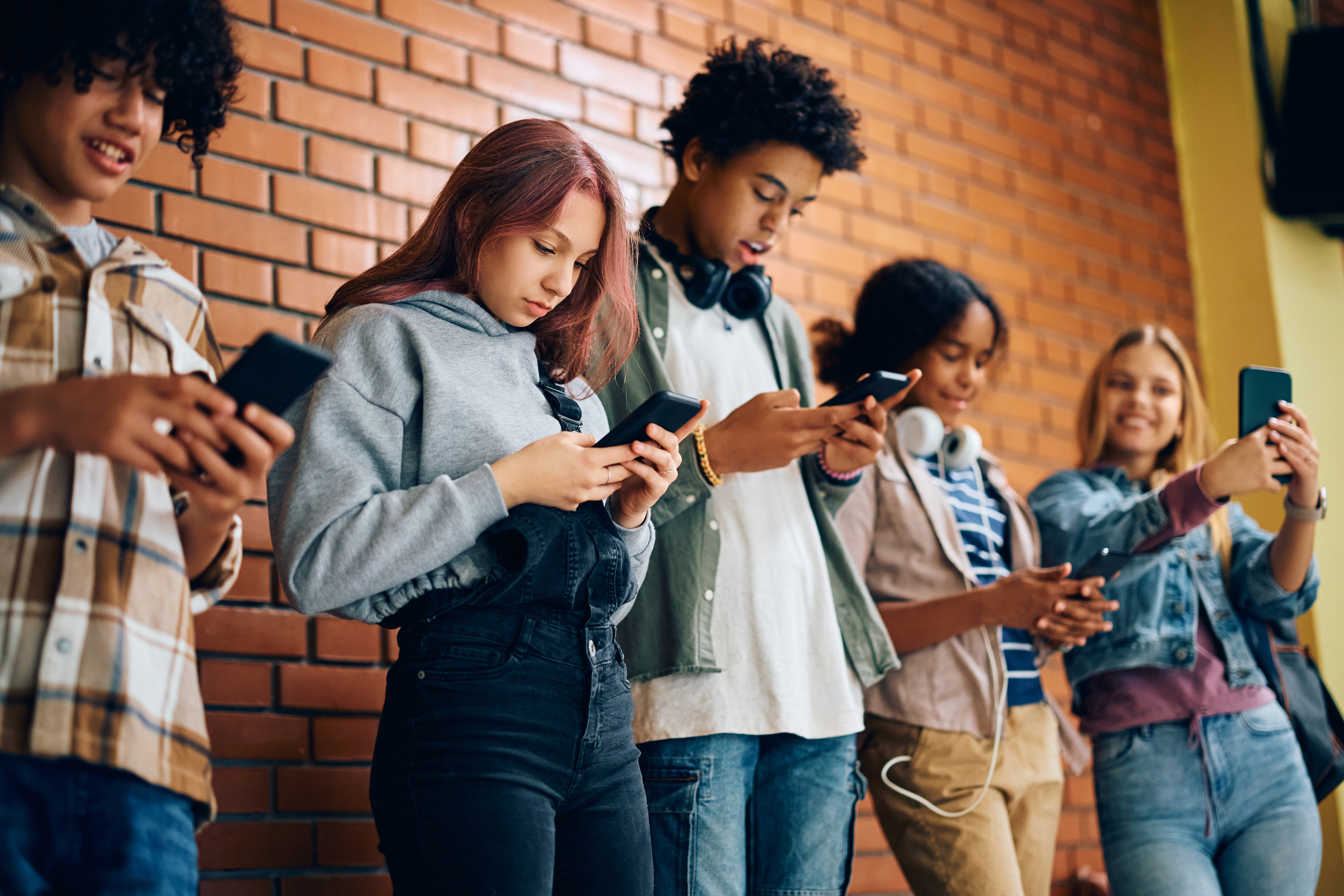In the past few months, social media has been a big topic for lawmakers at state and federal levels. Legislators have been using words like “bans” and “restrictions” when discussing sites like Facebook and TikTok. But what does it really mean for social media users?
Are users about to lose access? To which platforms? And is it legal?
Can Kids Use Social Media In Florida?
On March 25, 2024, Florida Governor Ron DeSantis signed Bill HB3 which will ban children aged 14 and under from using social media. The bill requires social media platforms to use age verification on all accounts and terminate accounts of people 14 and under, per reporting by CNN.
The bill signed by DeSantis differs from the bill originally approved by Florida legislators on February 22, 2024. In that version of the bill, both Republicans and Democrats voted to restrict the use of social media for children aged 16 and under. That version of the bill went to DeSantis, and he vetoed it. DeSantis said he was worried the bill would face challenges in courts.
Based on DeSantis’ feedback, legislators updated the bill to change the age restriction from 16 to 14, and DeSantis signed it.
While the bill attempts to keep children off social media entirely, it would be difficult to officially ban children from using social media. The bill will limit children from creating their own accounts, but it would not necessarily prevent children from using accounts of people who meet the age requirements.
Related: If Facebook Removes Your Post, Is It Violating Your Freedom of Speech?
When Will the Law Go Into Effect?
The law has been signed, but it will not go into effect until January 2025.
The bill will likely face challenges in court before it officially goes into effect. Critics of the bill say it violates the First Amendment. A similar bill in Ohio was blocked after a federal judge issued an emergency order halting the law from going into effect, per CNN. It is possible that the courts could hold up Florida’s social media ban from going into effect in January.
The bill may also face other challenges. Some legal experts say the bill is too vague in its description of “social media.”
Related: Bans & Supreme Court Challenges: What’s Going on With Florida Laws and Social Media?
Which Social Media Companies Are Impacted?
The bill does not specifically refer to any social media company by name. Instead, it lists criteria to define platforms that the bill would impact.
The original version of the bill included fewer details about what constitutes a social media platform, while the new bill includes more defined criteria.
Under the new bill, social media platforms are described as sites that:
- Allow users to upload content or view the activity of other users
- Use an algorithm to analyze user data and select content for the user
- Use an infinite-scrolling feature
- Employ push notifications
- Display personal interactive metrics
- Feature autoplay on videos
The new bill also defines social media platforms as sites that have, “Ten percent or more of the daily active users who are younger than 16 years of age spend on average 2 hours per day or longer on the online forum, website, or application.”
Does the Ban Only Impact Florida?
Bill HB3 is a state law and will only be enforced by Florida courts. It is not a federal ban. The bill impacts users who are residents living in this state for more than six months of the year.
Similar bills have passed in Arkansas, California, Louisiana, Ohio, and Utah, and many of those bills have been challenged by courts.
Is This Law the Same as the TikTok Ban?
The social media ban in Florida is different from the national TikTok ban that is being discussed by federal lawmakers.
On March 13, 2024, the U.S. House of Representatives passed legislation that could potentially lead to a national ban on TikTok, per CNN reporting. Unlike the Florida social media ban, this bill is not centered on protecting children from the harms of using social media. The bill, known as Protecting Americans from Foreign Adversary Controlled Applications Act, is an act to protect national security.
Because TikTok is owned and controlled by the China-based company ByteDance, lawmakers have concerns about how user data is being used by the Chinese government. The bill says a national ban on TikTok will take place unless ByteDance sells its stake in the company.
For the bill to become a law, it must first be approved by the U.S. Senate and then by President Joe Biden.
If the bill becomes law, all TikTok users could lose access to the platform within six months.
Related: What to Ask During a Free Consultation with a Lawyer
Get Expert Legal Advice
New laws are always being added, and existing laws are always changing. If you are dealing with a legal matter, work with an experienced attorney aware of constantly changing legislation. Talk to an attorney who knows the laws and the best ways to navigate your unique case whether you are dealing with a civil case or a criminal charge.
For a free consultation to discuss the details of your case, talk to experienced attorney TJ Grimaldi. Schedule your consultation or call 813-226-1023 now.
TJ Grimaldi joined McIntyre in 2011. McIntyre recruited TJ to create the divisions of personal injury and family law, as well as to expand the existing criminal defense practice at the firm. During TJ’s tenure at McIntyre, he has helped oversee and grow these practice areas. He continues to practice in these divisions while also expanding his own practice areas to include estate planning and immigration law. TJ is admitted to practice before the Supreme Court of Florida and the United States District Court for the Middle and Southern Districts of Florida.
